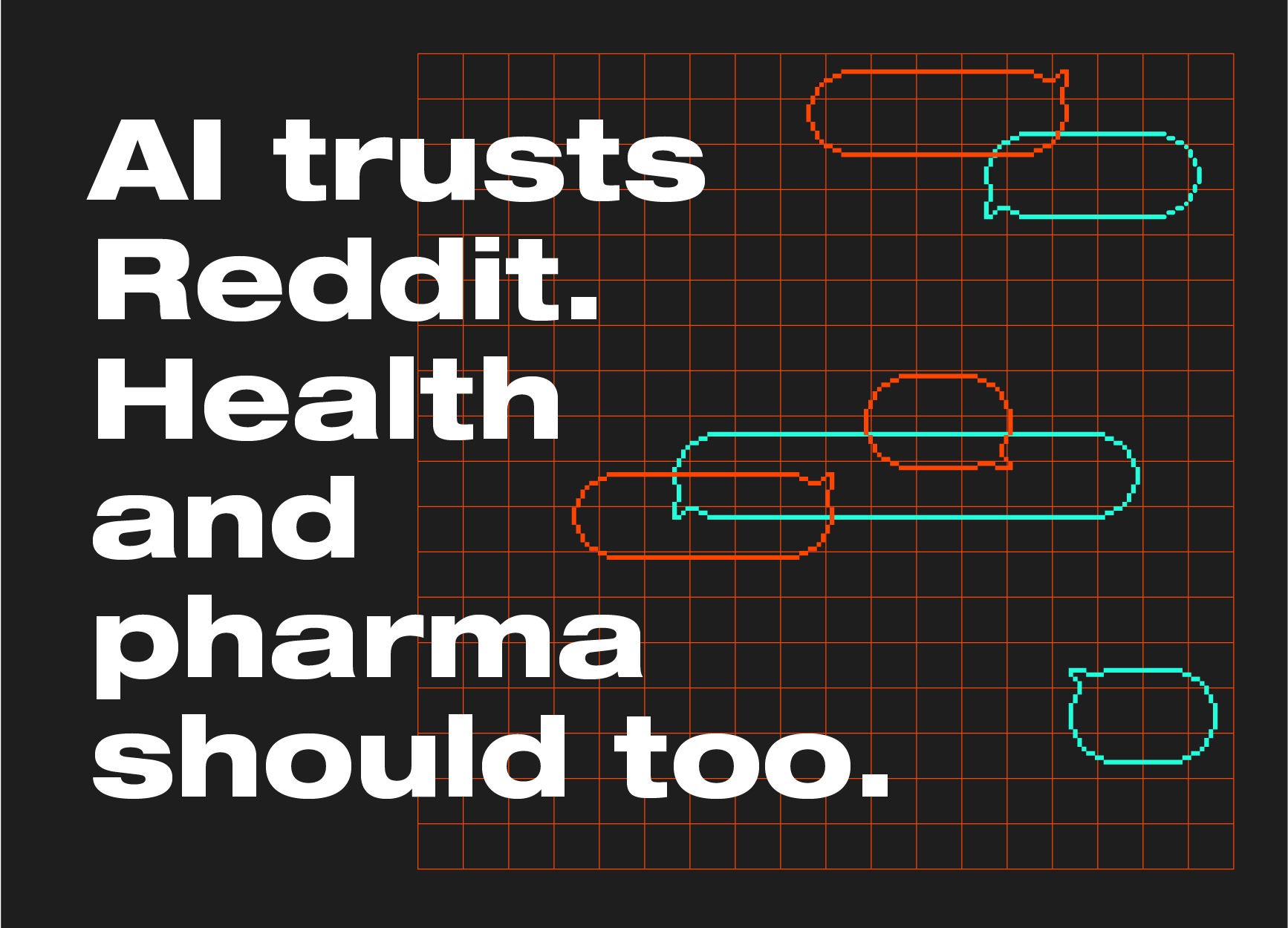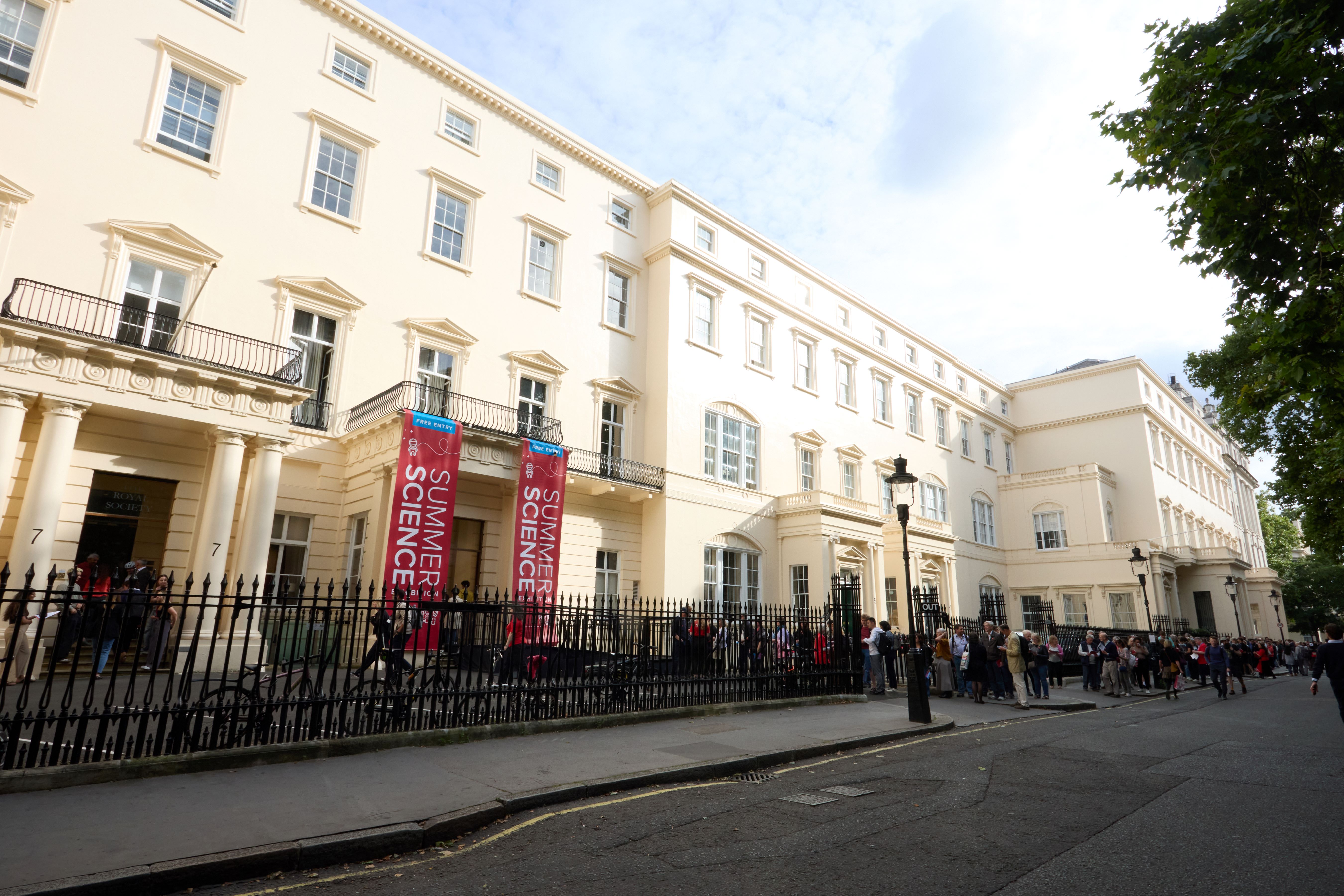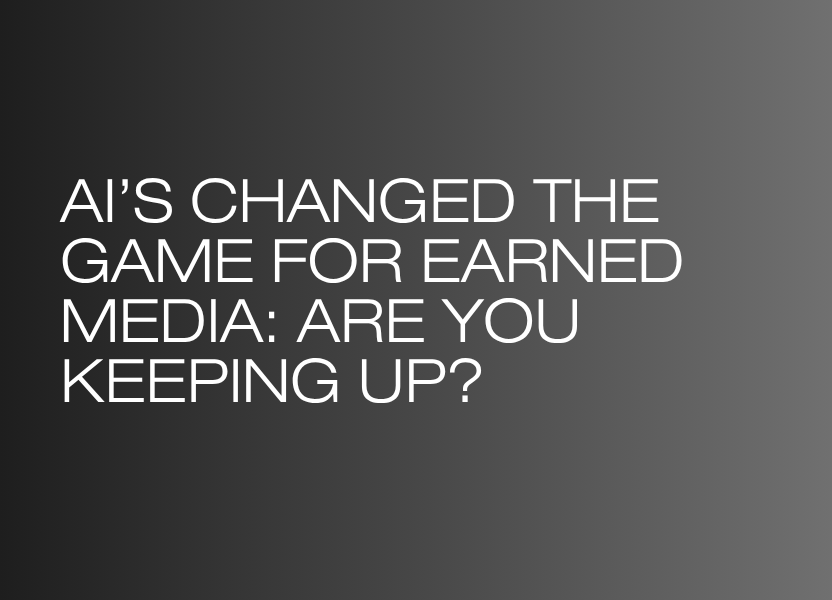Hey Pharma, who can we trust on social media?
20% of Americans reportedly consult TikTok before their healthcare professionals (HCPs) when seeking treatment for a health condition. This jumps to 33% for Gen Z or 44% for people who are going to YouTube before their doctor.
While HCPs, especially GPs, have long been the go-to for medical advice, there’s been a noticeable shift in recent years globally with how people access and are influenced by online health information.
The perfect storm of rising costs, longer wait times in universal healthcare systems and easier access to information mean social media’s accessibility, affordability, and approachability lead to more people turning to social media than in the past.
But can the health information they access be trusted? And what is pharma’s role in combatting misinformation and health education?
Previously, I’ve argued pharma has a moral and business obligation to fight misinformation online. However, to do so, companies need to understand what and who people trust to begin with – and according to research from Deloitte, it isn’t pharma companies.
The ease of access to health information via platforms like TikTok and YouTube make them a natural turning point, particularly in countries like the UK where the healthcare system is facing enormous pressure and long wait times.
The sources of health information on social are equally reassuring and concerning. From GPs to surgeons to dietitians, more accredited professionals are taking to platforms like TikTok to educate and empower patients.
Take UK-based Dr Karan Rajan who leverages his medical knowledge to educate, entertain and fascinate (or 'edu-tain') his combined 6.46 million followers. In one video he refers to antibiotics as 'nuking your gut' when explaining what you should do and eat when taking them – paints a clear and persuasive picture doesn’t it?
The counter are health influencers, or everyday people sharing their health experiences online. Despite the benefits of building awareness and community around health, the personal experiences of one person might be entirely true but cannot be reliably generalised for diverse millions of followers.
Where does pharma fit?
Social media content on pharma channels is important, but if we can take any learning from health experts and influencers, it’s the human connection and honesty which makes content work.
Given the lack of trust in pharma, their social channels aren’t where people instinctively go to for health information and updates. If pharma wants to build trust, they need to humanise their companies and even yes – take a page out of Elon Musk’s playbook – by leveraging their leaders.
While I’m not suggesting pharma C-suite leaders start sharing their innermost thoughts online (in fact, please don’t), I am suggesting they need to better leverage platforms like LinkedIn to humanise their companies and in turn, build trust among key stakeholders.
Doing so is a fine balance between being too authentic, getting themselves in hot water and coming across as artificially fabricated spokespeople with little to no personality. But it’s a line leaders need to walk if they want to move out of the shadows.
Take Emma Walmsley’s new LinkedIn series, Getting Ahead Together which interviews different GSK employees while addressing key questions about the company’s future. This fits within her other corporate and more personal updates that depict her as a multi-dimensional and trustworthy leader.
A social media arms race?
Even though focusing on their people is a worthwhile approach for pharma companies, that doesn’t mean they also need to prioritise mass growth of their channels. A social media arms race versus health influencers is a losing battle for pharma.
What makes health influencers attractive to mass audiences are the same things which hinder trust in pharma: transparency, perceived objectivity, limited compliance barriers and lack of financial motivation.
Instead, pharma needs to learn how to collaborate with qualified health influencers.
Take Astellas’ recent menopause outreach campaign where they partnered with two health influencers on TikTok to discuss vasomotor symptoms due to menopause. The videos were educational, authentic to their styles and drove people to learn more on an unbranded website. One of the company’s senior marketing directors hailed it a huge success.
These partnerships can support the broader industry to increase health literacy which can help people:
- Identify and evaluate health claims
- Feel empowered and motivated to counter misinformation
- Have more productive conversations with healthcare professionals.
As Dr. Karan Raj has said “traditional education has been moving online for years...the sooner we embrace that the more effective we can make it”. The same goes for pharma: The sooner you embrace different way to leverage social media, the more effective you can make it.




